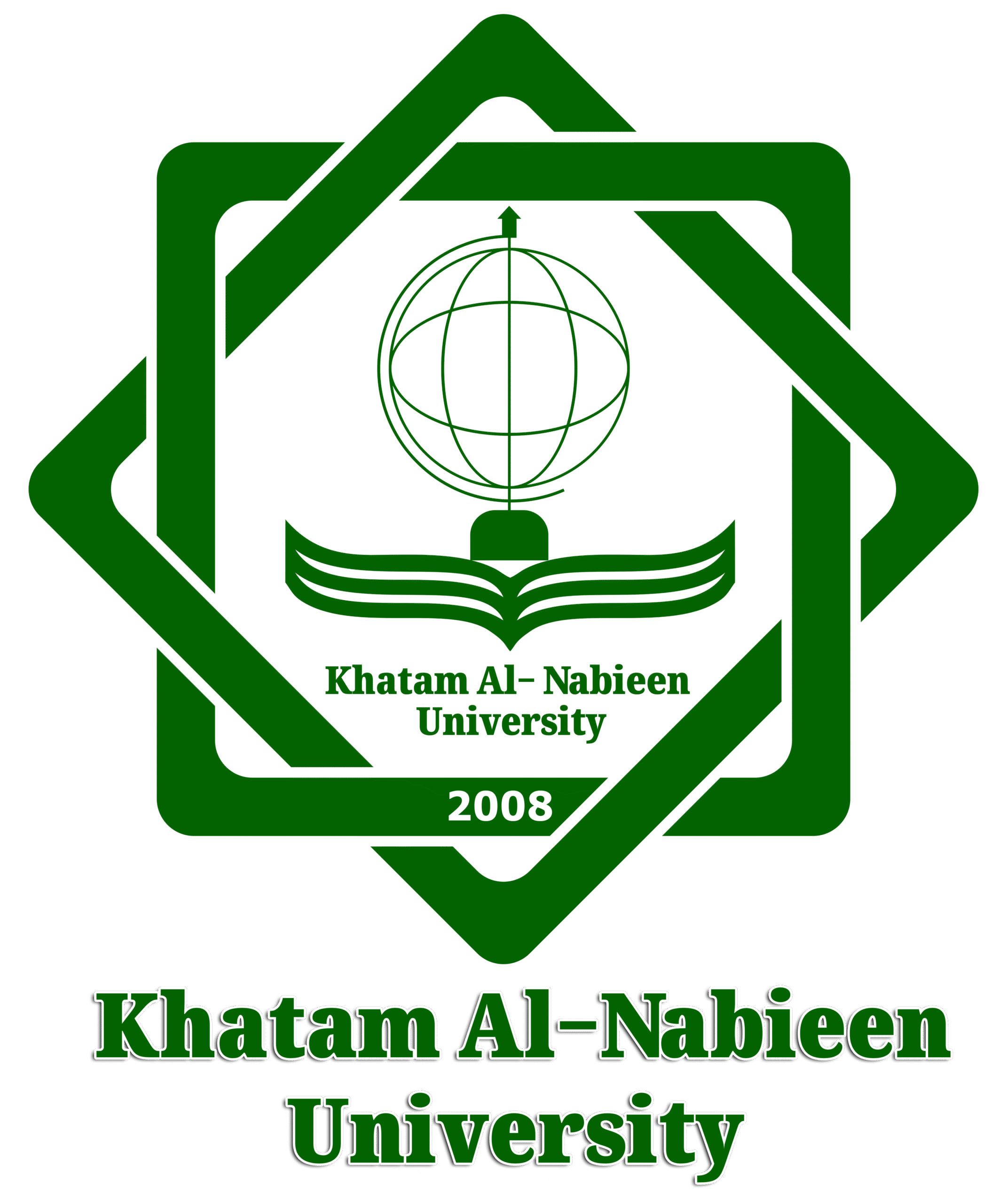Library Management

Mr. Mortaza Motahari
Educational Background:
- Master’s in International Law, Khatam Al-Nabieen (PBUH) University;
- Bachelor’s in History, Faculty of Social Sciences, Kabul University of Education.
Work Experience:
- 7 years of experience managing the library at Khatam Al-Nabieen University (PBUH).
About the Library
Libraries and information centers, as the main hubs for collecting and organizing information resources, provide the necessary tools for researchers and the development of research. Since no research can succeed without connecting with the research background in its subject area, access to up-to-date information resources is one of the most important needs of researchers and students. All researchers and students need to be aware of activities that have previously occurred or are currently ongoing in their research field. This awareness is achieved through access to information resources. Typically, the findings of other researchers are published through scientific journals, books, websites, and databases. Librarians and information specialists are responsible for collecting and organizing this information and making the results of previous research available to researchers.
The library of Khatam Al-Nabieen University (PBUH), as a subdivision of the Scientific Research Directorate, houses the best scientific and specialized books and strives to provide a suitable environment for study, research, and investigation for researchers and students. Established in 2007, coinciding with the university’s inception, the library operates in the central and medical branches.
The university’s study hall can accommodate more than 200 students simultaneously in the central and medical buildings. With 6 full-time staff, the library is open daily, except on official holidays, from 8 AM to 7:30 PM, serving esteemed students and visitors.
Additionally, the library’s lending section, with over 20,000 titles, is ready to serve students of humanities and medical sciences. Student registration for borrowing books is done permanently and free of charge using their student ID. Each student can borrow up to two books for two weeks, with the possibility of extending the loan for an additional week if necessary.
As a scientific and academic center, Khatam Al-Nabieen University (PBUH) continually seeks to expand and improve the quality and quantity of its services. Each academic year, new books are purchased in proportion to the increase in the number of students in each field and made available for student use. The university library is equipped with book search and lending software. This software allows students to easily search for books by title, author, or subject and request them from the lending section after registering the book number. Students can also use guidebooks alongside the software to select their desired books.
With the advancement of modern technology, the development of technological tools for contemporary knowledge is another responsibility of every educational and scientific institution. To this end, Khatam Al-Nabieen University (PBUH) has purchased and registered numerous electronic scientific software containing the most important and reliable books needed by researchers in humanities and experimental sciences. Students and research enthusiasts can access these services, and electronic books (software) are provided to them permanently and free of charge.
In addition to scientific and specialized books, Khatam Al-Nabieen University (PBUH) has endeavored to acquire a large number of domestic and international scientific and specialized journals and make them available to scholars and research students. Additionally, reputable domestic newspapers are available daily in the library’s study hall, allowing enthusiasts of global and Afghan political and social developments to read them on-site and stay informed about the most important daily events.
Qualifications and Responsibilities of Library Management
- Managing the internal order and providing library services to students;
- Preparing the list of library needs for procurement;
- Managing the registration and standard classification of the library;
- Adjusting staff working hours according to user needs;
- Establishing and managing the electronic library and providing necessary assistance to users;
- Preserving and maintaining the library, books, and scientific resources;
- Supervising staff performance and activities;
- Registering and archiving student theses;
- Handling student account settlements with the library;
- Identifying scientific journals, collecting general journals, and archiving them in the library;
- Establishing connections and collaborations with reputable domestic and international university libraries;
- Launching a scientific search system for faculty and student use;
- Signing and issuing library-related documents;
- Organizing training methods for staff and short-term courses on using available resources for users;
- Preparing and organizing job descriptions for subordinate staff;
- Proposing new plans and programs for the quantitative and qualitative development of the library;
- Submitting reports to the Scientific Research Directorate.

